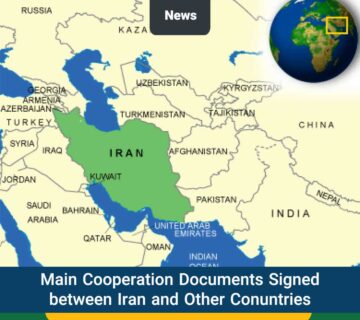Cryptocurrency, Still a Challenge for Governments
Cryptocurrencies are a type of payment, transfer and storage systems that are usually produced and operated without the intervention of a central bank and centralized institutions.
The rapid pace of cryptocurrency exchanges indicates that traditional financial institutions can no longer meet the financial needs of the world alone. By providing easier access to financial services, cryptocurrencies can drive social and economic growth around the world, including in developing countries.
The most important challenge for cryptocurrencies is to threaten the tools of government. In such a way that it can change the effectiveness of government decisions and since there is no centrality in this network, it can eliminate government control at certain levels. For example, the tax system of governments can be threatened by cryptocurrencies.
By facilitating decentralized transfers, Bitcoin can accelerate capital outflows from developing countries, which in turn makes these countries vulnerable in the future. This reduces the control of governments in implementing monetary and fiscal policies to achieve predetermined goals.






No comment